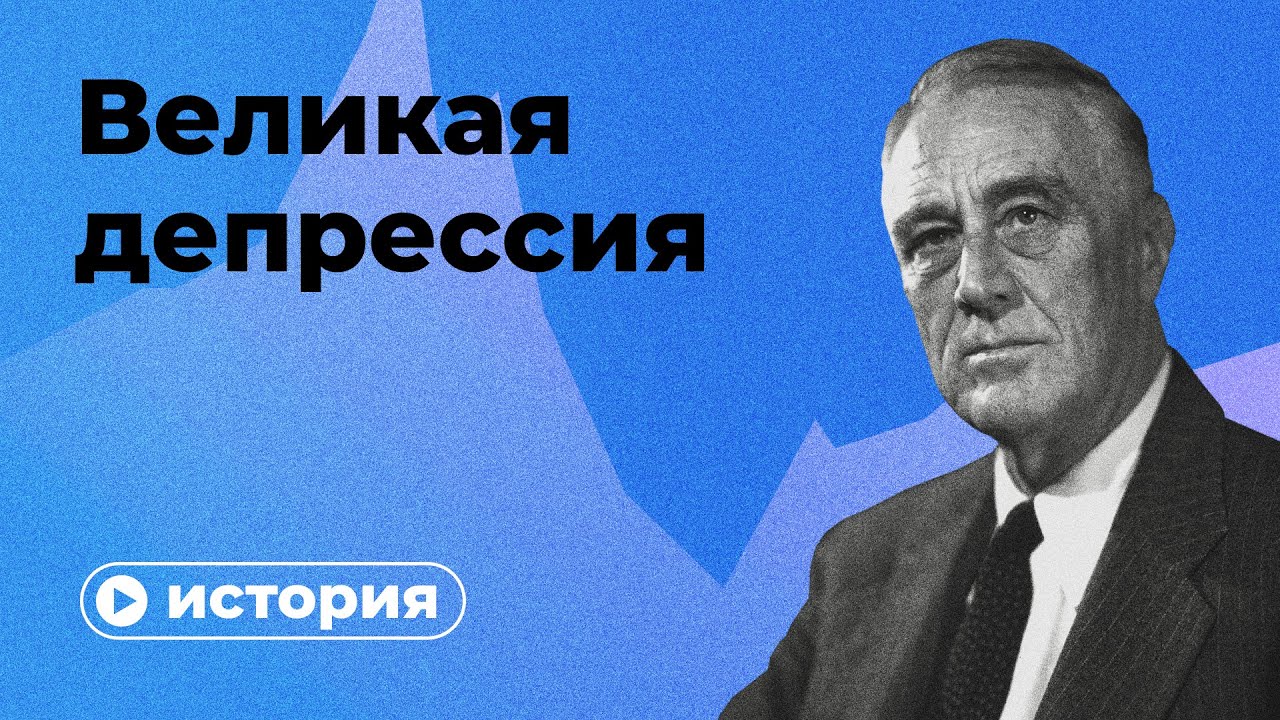FDR and the role of president
Summary
TLDRThis script revisits the era of President Franklin D. Roosevelt during the Great Depression, highlighting his bold actions and inspiring words that reshaped America's self-perception and democracy. FDR's New Deal represented a new social contract, fostering a collective spirit and government support, evident through the construction of infrastructure and public works. Despite opposition, his leadership during the Second World War and his emphasis on providing for the less fortunate set a moral standard for democracy, challenging today's leaders to emerge stronger from crises.
Takeaways
- 😔 The Great Depression brought about widespread suffering and unemployment, with 25% of the population out of work and a collapse in banking.
- 🌟 FDR (Franklin Delano Roosevelt) was elected during this crisis and believed in immediate action, emphasizing it six times in his inaugural address.
- 🗣️ FDR's famous line 'the only thing we have to fear is fear itself' received more applause than any other part of his speech, highlighting the importance of hope and action.
- 📜 The New Deal was a transformative social contract between the government and the people, shifting from 'every man for himself' to a collective approach to recovery.
- 📻 FDR's 'fireside chats' were a powerful tool for connecting with the American public, offering reassurance and information about government actions.
- 🏥 FDR's personal experience with polio and his establishment of a facility in Warm Springs, Georgia, helped him empathize with the struggles of the American people.
- 🏛️ The New Deal led to the construction of significant infrastructure, including schools, hospitals, airports, state parks, and major projects like the Hoover Dam and the Lincoln Tunnel.
- 🤝 Despite facing strong opposition and accusations of becoming a dictator, FDR worked with Congress to implement a wide range of programs.
- 🌍 FDR's leadership during the Second World War helped lift the country out of the depression and positioned America as a global beacon of hope.
- 📊 FDR proposed a new measure of national progress, focusing not on the abundance of the wealthy but on providing enough for those with too little, setting a moral standard for democracy.
- 🛣️ The script draws a parallel between FDR's leadership during the Great Depression and the current challenges faced by America, suggesting a need for bold action and a collective spirit.
Q & A
What significant economic challenge did President Franklin Delano Roosevelt face upon his election in 1933?
-Upon his election in 1933, President Franklin Delano Roosevelt faced a 25% unemployment rate, the collapse of banking, and widespread poverty.
What was the core belief of Roosevelt's approach to tackling the Great Depression?
-Roosevelt's core belief was in taking 'action and action now,' as he emphasized the need for immediate and bold measures to address the economic crisis.
How did Roosevelt's inaugural address reflect his commitment to action?
-Roosevelt's inaugural address reflected his commitment to action by using the word 'action' six times, highlighting the urgency of the situation.
What specific measures did Roosevelt implement as part of the New Deal to address the economic crisis?
-Roosevelt implemented various measures such as the Civilian Conservation Corps (CCC), Public Works Administration (PWA), and Social Security Act as part of the New Deal to address the economic crisis.
Outlines

This section is available to paid users only. Please upgrade to access this part.
Upgrade NowMindmap

This section is available to paid users only. Please upgrade to access this part.
Upgrade NowKeywords

This section is available to paid users only. Please upgrade to access this part.
Upgrade NowHighlights

This section is available to paid users only. Please upgrade to access this part.
Upgrade NowTranscripts

This section is available to paid users only. Please upgrade to access this part.
Upgrade Now5.0 / 5 (0 votes)





